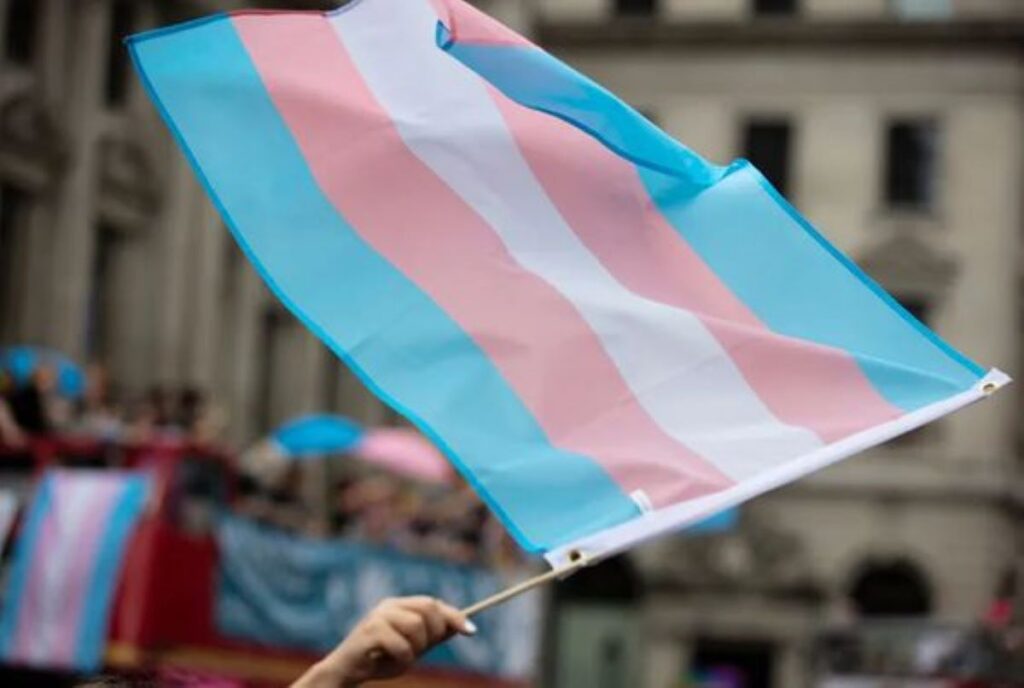
Utah Governor Spencer Cox recently signed a bill that has sparked widespread debate and controversy. The Bill, known as H.B. 257, introduces criminal penalties for transgender individuals who use the bathroom corresponding to the gender identity they identify with in publicly-owned facilities.
While supporters argue that the Bill enhances privacy protections, critics view it as discriminatory and unnecessary. Under H.B. 257, individuals are required to use restrooms and locker rooms based on their sex assigned at birth.
However, the bill includes exemptions for transgender individuals who have undergone bottom surgery or corrected the gender marker on their birth certificate. Those who do not meet these criteria could face charges of lewdness, voyeurism, or criminal trespass.
Voyeurism is a class A misdemeanor in Utah, punishable with up to a year in jail and a $2,500 fine, and if a child is present, it becomes a third-degree felony – punishable with five years in prison and up to a $5000 fine.
ALSO READ: Florida GOP Proposes Grooming Bans Amid Multiple Anti-LGBTQ Bills
Criminal trespass is a class B misdemeanor, punishable with up to six months in jail and a $1000 fine — a $10,000 per violation per day for any government-owned institution that doesn’t enforce this bill.
Many criticisms of the bill argue that it unfairly targets transgender individuals and even infringes upon their rights to freedom of expression. The bill has been described as being too extreme and that it could lead to the prosecution of many transgender people for simply using the restroom of their preferred gender.
POLL — Should Laws Be Enacted To Protect LGBTQ+ Individuals From Workplace Discrimination?
Moreover, some opponents believe that existing laws already provide protection against harassment and assault in public spaces, which makes the new bill, H.B. 257, unnecessary. Despite opposition from advocacy groups and some lawmakers, the bill received approval from the Senate, with only a few Republicans in opposition.
Governor Cox defended his decision to sign the bill, stating that it aims to ensure public facilities are safe and accommodating for everyone. On the other hand, supporters of the bill contend that it prioritizes privacy and safety concerns, particularly in shared spaces such as bathrooms and locker rooms.
ALSO READ: Court Backs Christian Photographer, Rules He Can Refuse LGBTQ+ Couples
They argue that the legislation is essential to protect the privacy of all individuals and prevent potential instances of voyeurism or criminal behavior.
As the debate goes on, the implications of H.B. 257 extend beyond the boundaries of Utah, sparking discussions about transgender rights and legal protections around the country. It remains to be seen how the implementation of this legislation will impact transgender individuals and communities in Utah and beyond.
You Might Also Like:
“It’s a Slap in the Face!” Black Male Voters Criticize Biden Over Millions Sent to Ukraine
Court Sentences Real Estate Developer Found Guilty in $1.4 Billion Fraud Case
Southern California Residents Raise Alarm Over Foul Smell Escaping From Landfill
Voting Company Sues Pro-Trump OAN for Engaging in “Criminal Activities”
Arkansas Authorities Capture Two Jail Escapees After Almost 40 Hours
